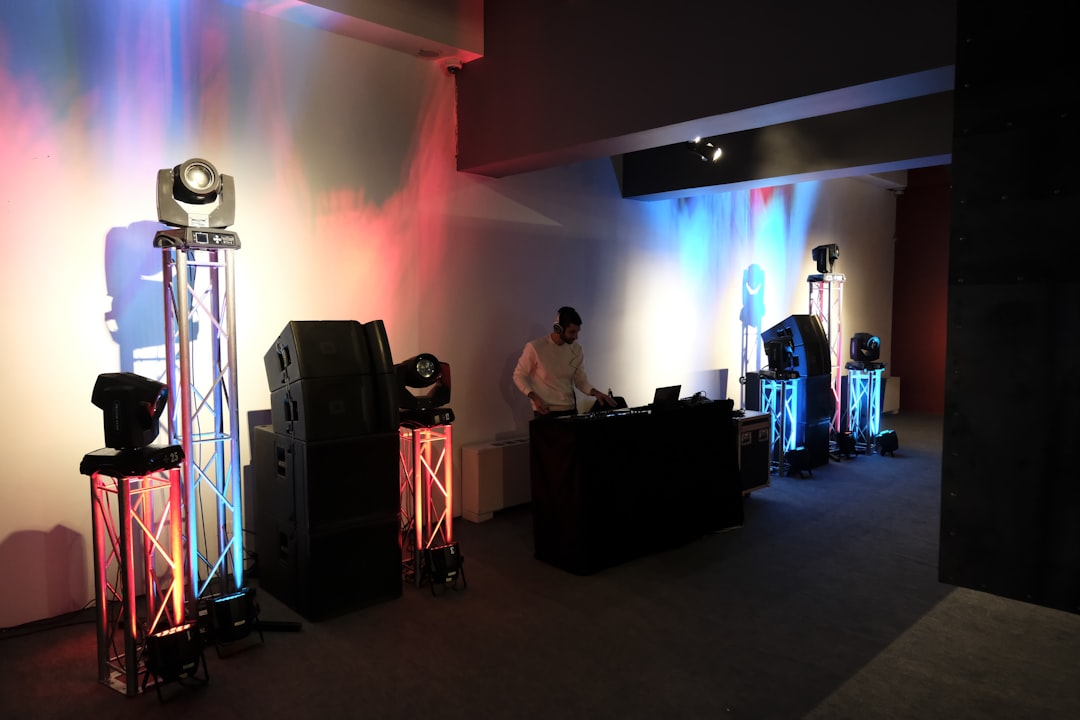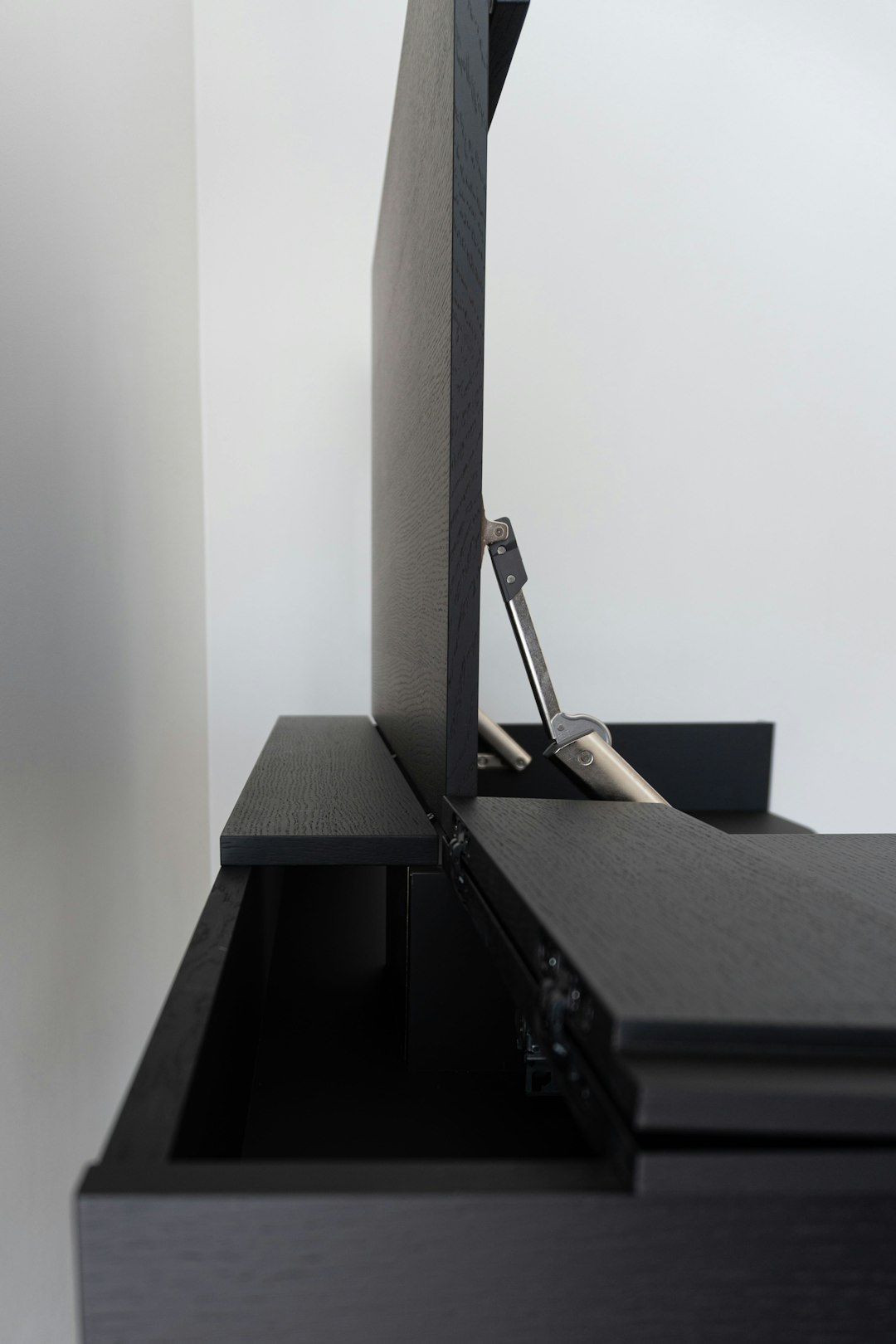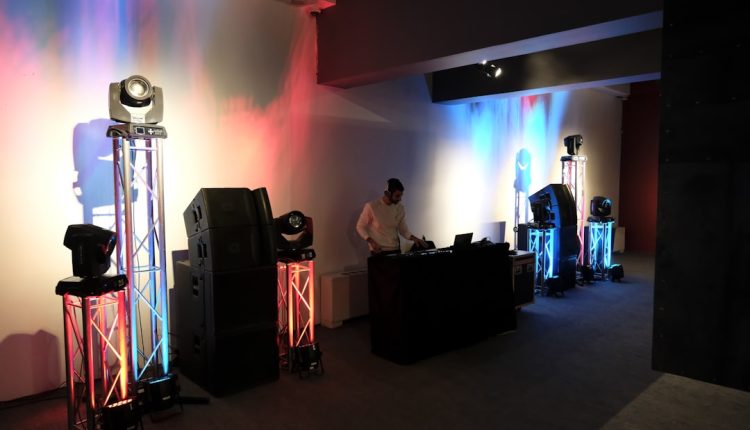Wireless DJ speakers have evolved significantly over the last decade, transitioning from an experimental novelty to a serious option for professional audio setups. With advancements in Bluetooth, Wi-Fi, and digital signal processing, many DJs are now considering cutting the cord for good. But does wireless technology really deliver the performance, reliability, and sound quality that live gigs demand? In this article, we take a closer look at the strengths and possible limitations of wireless DJ speakers to help determine whether they truly hold up under pressure.
What Are Wireless DJ Speakers?
Table of Contents
Wireless DJ speakers are audio systems that eliminate the need for physical cable connections between the audio source—such as a DJ controller or mixer—and the speakers themselves. These systems often use:
- Bluetooth: A common standard for wireless audio, especially in consumer products.
- Wi-Fi: Offers better range and bandwidth than Bluetooth, making it ideal for larger venues.
- Proprietary Wireless Protocols: Designed by manufacturers to minimize latency and improve reliability in professional settings.
Instead of relying on traditional XLR or TRS cables, these speakers use these technologies to receive a signal wirelessly, providing DJs with greater flexibility and easier setup.
Advantages of Wireless DJ Speakers
There’s a reason wireless solutions are gaining popularity in the DJ community. Some benefits include:
- Faster Setup: No need to run multiple cables around the venue means faster assembly and tear-down times.
- Flexibility in Speaker Placement: Wireless transmission allows speakers to be placed in areas where cable routing would be impractical or hazardous.
- Minimal Clutter: Without long cords, the performance area stays clean and free of tripping hazards.
- Modern Aesthetics: Wireless setups simply look more advanced, aligning with the image many modern DJs want to project.

Challenges and Limitations
Despite the clear advantages, there are several potential drawbacks to using wireless speakers in professional DJ environments, especially during live events.
1. Latency
One of the most common concerns with wireless audio is latency—the delay between the audio signal being transmitted and heard through the speakers. While even a small delay might be acceptable for background music or presentations, DJs require tight timing. Mixing tracks, beat matching, and syncing lighting with music all become more difficult with noticeable audio lag. Higher-end wireless systems designed for professional use often address this problem, but they come at a higher cost.
2. Signal Interference
Wireless speakers can be vulnerable to signal interference from other devices operating on similar frequencies. Everything from smartphones and routers to microwaves can potentially disrupt the audio signal. In crowded environments like clubs or festivals, the density of wireless signals poses a real risk to audio stability.
3. Range Limitations
While the theoretical range of wireless speakers may be impressive, real-world usage sometimes paints a different picture. Walls, furniture, people, and even humidity can degrade signal quality, especially with Bluetooth-based systems. For larger venues or outdoor events, it’s crucial to ensure that the wireless system used can handle the required coverage area without degradation.
4. Power Requirements
Going wireless doesn’t mean going cordless. Wireless DJ speakers still require power, so unless they’re battery-operated (and most pro-level speakers are not), you’ll still need to run AC power to each unit. This limits placement flexibility and means some wiring is still involved.
Performance: How Do They Really Sound?
Modern wireless DJ speakers can compete closely with their wired counterparts in terms of audio fidelity—especially when using high-quality codecs and strong, interference-free wireless connections. Premium brands like Bose, JBL, and Electro-Voice offer models with full-range sound, punchy bass, and high SPL (sound pressure level) outputs suitable for live events.
However, not all speakers are created equal. Some budget models suffer from limited frequency response, compression artifacts in complex mixes, or downright dropouts during demanding sessions. It’s essential to research and test equipment thoroughly before relying on it for a live gig.

Use Cases Where Wireless Works Best
Wireless DJ speakers aren’t ideal for every scenario. That said, there are situations where they shine:
- Small to Medium-Size Events: Private parties, weddings, and corporate events often benefit from fast, clean setups without the high output requirements of massive festivals.
- Mobile DJs: DJs who travel from venue to venue will appreciate the reduced setup time, especially when working alone or with minimal assistance.
- Secondary Zones: Wireless speakers work great for covering ‘listening areas’ like building lobbies, halls, or satellite dance floors that require sound but not active mixing.
They can also function as monitors or fill-in speakers for out-of-sight guests during events where clear stage audio isn’t strictly critical.
Tips for Success When Using Wireless DJ Speakers
If you’re considering investing in wireless speakers for DJ applications, keep these best practices in mind:
- Invest in Professional Gear: Stick to reputable brands and models designed for professional sound reinforcement.
- Test for Latency: Always perform test mixes to ensure latency is within acceptable levels. Check latency specs before purchasing.
- Avoid Signal Congestion: Use channels or frequencies not occupied by common consumer devices. Many pro systems allow for channel selection.
- Have a Backup Plan: Keep a set of wired speakers or cables on hand just in case your wireless system fails.
- Keep Signal Paths Clear: Place transmitters and receivers in line-of-sight whenever possible and avoid metal obstructions.
Are Wireless DJ Speakers the Future?
As digital technology continues to advance, the day may come when wireless becomes the standard rather than the exception. Already, innovations in low-latency codec technologies (such as aptX Low Latency and LDAC), better antenna designs, and mesh network systems are pushing performance levels closer to those of traditional wired systems. The convenience speaks for itself, especially as audio professionals and venues alike look for ways to modernize their operations.
Still, in mission-critical scenarios like headline DJ sets, broadcast events, or music festivals, most professionals continue to rely on time-proven, hardwired systems. The sacrifice of a few extra minutes of cable management pays off in absolute silence, zero interference, and rock-solid dependability.

Conclusion
Wireless DJ speakers do work—and in many instances, they work remarkably well. The key is understanding their capabilities, limitations, and appropriate use cases. For casual gigs, medium-size rooms, or mobile setups, wireless speakers offer clear benefits in portability and efficiency. As more audio manufacturers invest in improving wireless audio technology, the gap between wired and wireless is likely to shrink even further.
Ultimately, the question isn’t whether wireless DJ speakers work, but rather how well they work, and whether they’re the right fit for your specific performance needs. By making informed choices and preparing properly, you can enjoy the freedom of wireless sound without sacrificing professional quality.

